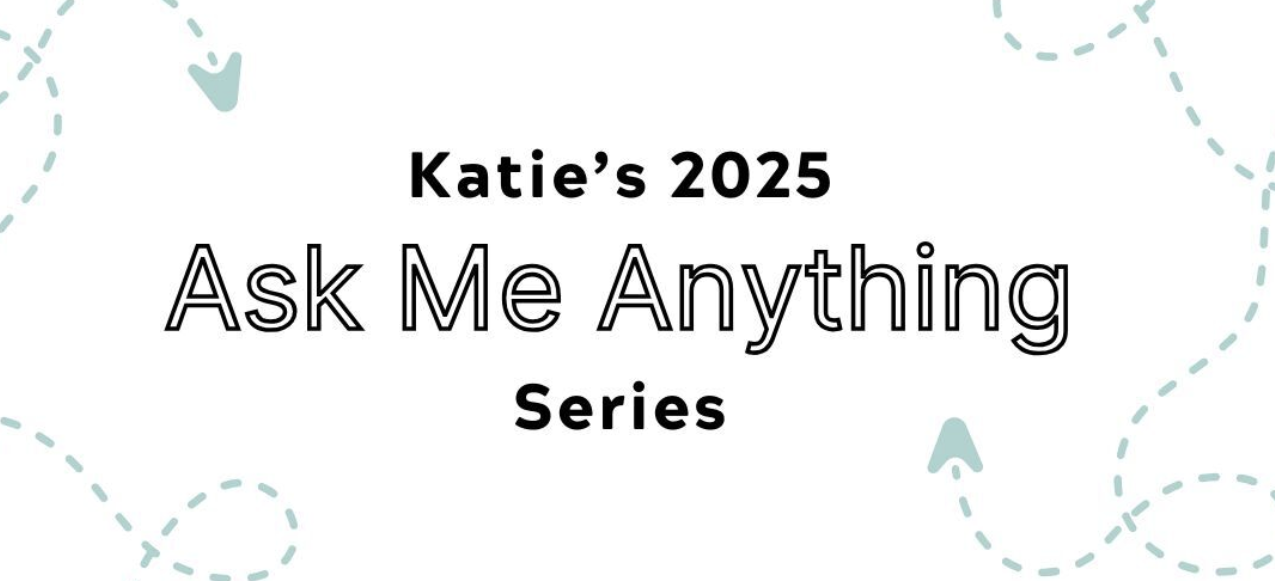As I mentioned last week, I’ve been listening to a podcast based on Tim Ferriss’s Tribe of Mentors book. In each podcast interview (and in each chapter of the book), Tim asks accomplished people from a range of disciplines and backgrounds a subset of 11 questions. This week, I promised to share my own responses:
- What is the book (or books) you’ve given most as a gift, and why? Or what are one to three books that have greatly influenced your life?
One of my favorite times to give books as gifts is when someone is going through a hard time and might need a little pick-me-up. I almost always send Pema Chodron’s When Things Fall Apart: Heart Advice for Difficult Times. It’s easy to read and serves as a very comforting book that works for a number of different challenging circumstances.
- What purchase of $100 or less has most positively impacted your life in the last six months (or in recent memory)?
Definitely my recent investment in powersheets. I love planning in any form and this tool has offered a helpful structure for monthly check-ins with my goals and values.
- How has a failure, or apparent failure, set you up for later success? Do you have a “favorite failure” of yours?
Several years ago, I didn’t get a particular job that I applied for. At the time, it was kind of a crushing blow. But then I ended up at Oregon State Ecampus, which has been an incredible learning and growth experience for me. For example, I learned how to podcast at this job and that has become a really important part of my identity and documentation practices. I’m a huge silver linings person and I do believe that things often work out the way they were meant to.
- If you could have a gigantic billboard anywhere with anything on it — metaphorically speaking, getting a message out to millions or billions — what would it say and why? It could be a few words or a paragraph. (If helpful, it can be someone else’s quote: Are there any quotes you think of often or live your life by?)
This one might be an obvious one, but I would have it say “Cultivate Radical Self-Trust” because this has been the key element of my own confidence and success in pretty much all areas of my life. If you follow me in various spaces, you know I’m an evangelist for this topic! (My last 7 Weeks to RST offering for 2019 launches this Sunday, Nov. 10 if you want to join in!)
- What is one of the best or most worthwhile investments you’ve ever made? (Could be an investment of money, time, energy, etc.)
Completing my coach training was an amazing investment in myself and my clients’ success. It took me a whole year, but I’m so glad I did it. It was also very influential in my decision to launch my own coach training program. It’s a huge privilege to be able to dedicate time and resources to a particular craft, so I’m really grateful I had this opportunity.
- What is an unusual habit or an absurd thing that you love?
This time of year, one thing I love to do is purchase a couple of months (at $5.99/month) of the Hallmark movie channel. I find it kind of absurd that I enjoy these movies, but they are always festive and are a good way to wind down at the end of the day.
- In the last five years, what new belief, behavior, or habit has most improved your life?
What immediately came to mind for me was morning pages. Every morning, I write three pages in my journal before doing anything else. It’s been a practice that has really grounded me, helped me to check in with myself, and offered a consistent way for me to document what I’m thinking. I also sometimes ask myself questions and then answer them through reflective writing and that always brings me new insights.
- What advice would you give to a smart, driven college student about to enter the “real world”? What advice should they ignore?
I think my advice would be that you should always bet on yourself. You never know what could happen with the economy, or with the company where you work, but you can make investments in your own knowledge and skills that will pay off in the long run. This advice was certainly influenced by Cal Newport’s book So Good They Can’t Ignore You: Why Skills Trump Passion in the Quest for Work You Love.
- What are bad recommendations you hear in your profession or area of expertise?
The main one I hear in higher education is that tenure-track jobs are still the gold standard of what PhDs should be aiming for. Although I certainly understand the draw, there are also SO MANY other meaningful jobs in academia. I’ve been privileged to work in educational development and online learning throughout my career and have never once regretted going down the administrator pathway instead of seeking a faculty role. (My upcoming book is all about this topic if you’re interested in reading more.)
- In the last five years, what have you become better at saying no to (distractions, invitations, etc.)? What new realizations and/or approaches helped? Any other tips?
A couple of years ago, I embraced the mantra “you have to say no to the good in order to say yes to the really great.” This meant that I started saying no to some things that I had done before so that I could make room for new experiences. Over time, making these choices has added up to some new and interesting trajectories for my career, some fun new collaborations, and a lot of learning (which I love).
- When you feel overwhelmed or unfocused, or have lost your focus temporarily, what do you do? (If helpful: What questions do you ask yourself?)
I think the first thing I try to do when I feel overwhelmed or unfocused is to be kind to myself since there’s usually a good reason that I’m feeling that way. For example, during a heavy travel season, I know I’ll have moments of overwhelm as I try to juggle all the things. Removing tasks from my plate, asking for deadline extensions, getting massages and extra sleep, and talking about my feelings of overwhelm with my partner, a friend, or a coach are all helpful strategies for me.
I’d love to hear your answers, too! Pick a few and let me know what you think!



